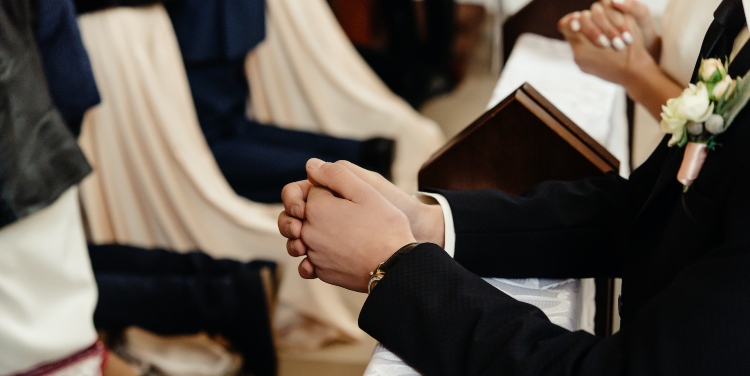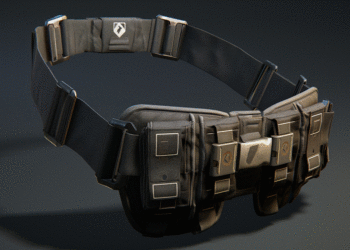A funeral is an opportunity to pay respect and honour the life of a loved one. It provides an opportunity to say goodbye to someone we loved, but when it comes to funerals, there are several types of cremation services available to choose from. So, if you are learning about end-of-life options, then it can help to find out which type of cremation is right for you. In this article, we are going to look at the different options to choose from when it comes to cremation.
What is Cremation?
A cremation forms part of the funeral service, and the type of cremation will depend on the wishes of the deceased individual or their family.
How Does Cremation Work?
When someone is cremated, it involves committing the body to a high temperature within a specially designed furnace to remove all carbon content from the body. This means that all organic matter is removed by the heat, leaving only the bone fragments from the body. These are known as cremated remains or ashes and are reduced mechanically into coarse dust before being placed into an urn which is used to store the cremated remains.
Different Types of Cremation
Direct Cremation
A direct cremation is not always made openly known to family members, but it is the easiest end-of-life option and the most economical. After the death of a loved one, the family will call a cremation service provider instead of a funeral home. Once family members have said their goodbyes and paid their respects, the body is committed to cremation, whereby the process is handled by the cremation service provider. If they wish, the family can opt to have a public or private service for their loved one. After the body has been cremated, the ashes are returned to the family.
Simple Cremation
A simple cremation is very much like arranging a standard funeral. The legal aspect of it stays the same and the death has to be registered with all cremation forms submitted. Once instructed, the body of the loved one will be collected from their place of rest and will then be taken into the care of the cremation specialists. On the day of the funeral, the body of your loved one will be taken to the crematorium. Once the service has finished, the body of your loved one will then be cremated, with the ashes being returned.
Traditional Cremation
A traditional cremation is very much like a traditional burial. However, the casket is not transferred for burial but is instead taken to the crematorium to be cremated. The funeral will follow the same process as a traditional funeral. Once the cremation takes place, the ashes will then be returned to the family.
Religions That Allow Cremation
There are a number of religions that allow for cremation, and Canon Law now allows cremation for Roman Catholics. There are some religions that prefer cremations, such as Hinduism and Buddhism.
Religions That Forbid Cremation
There are some religions that forbid cremation and this includes Islam, Greek Orthodox and Jewish Orthodox.
Cremation Rates in the UK
In the UK, the cremation rate is 78.4% while the average crematorium fee is around £836.77 and the average basic cremation cost is £3290.98.
Final Thoughts
When we come to the end of our life, it is important to have options when it comes to what happens in death. Cremation is extremely common and with a number of options available, it is possible to find the right option that meets the needs of you and your loved ones.
David Prior
David Prior is the editor of Today News, responsible for the overall editorial strategy. He is an NCTJ-qualified journalist with over 20 years’ experience, and is also editor of the award-winning hyperlocal news title Altrincham Today. His LinkedIn profile is here.












































































